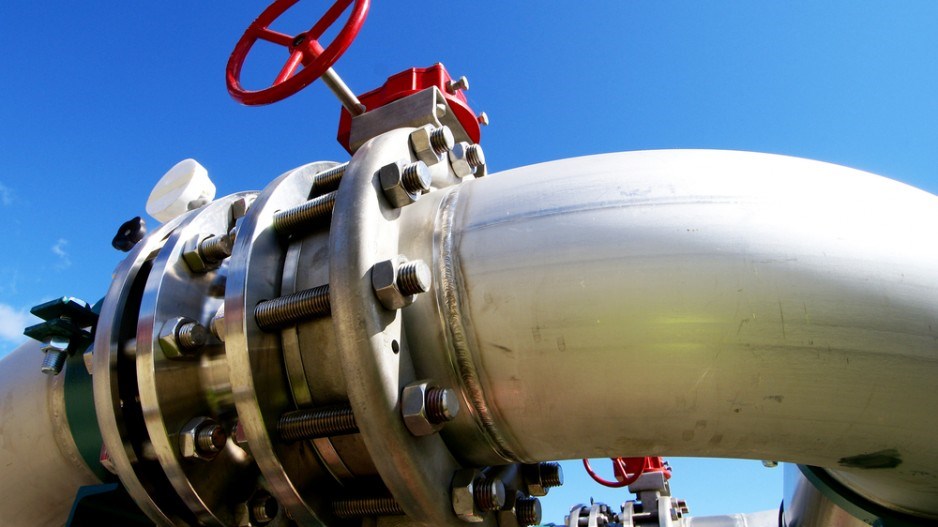Vancouver mining giant Teck Resources (TSX:TCK) took the first step in building a "significant energy business unit" October 30 when the company announced it will proceed with the construction of the $13.5 billion Fort Hills oil sands project.
Calgary-based Suncor Energy (TSX:SU), Canada's largest energy company by market value, and Total SA (NYSE:TOT), a Paris-based oil and gas company with interests in more than 130 countries, are partners with Teck on Fort Hills.
Suncor, which owns 40.8% of Fort Hills, will develop and operate the project, under an operating services agreement with Total, which owns 39.2% of Fort Hills and Teck, which owns the remaining 20%.
Teck will advise on project design and reclamation, areas of expertise due to its extensive mining interests.
Based on Suncor's estimates, Teck's share of the capital costs is $2.94 billion over four years (2014-2017).
Fort Hills, located about 90 kilometers north of Fort McMurray in the Alberta oil sands, has an estimated resource of 3.3 billion barrels of bitumen and an expected life of more than 50 years.
Crude production is expected to begin in 2017 and reach a production rate of 180,000 barrels per day within 12 months.
According to Teck, the company's share of that production is forecasted to be 36,000 barrels per day, the equivalent to 13 million barrels per year. The development of Fort Hills makes Teck a mid-sized oil producer.
Teck is involved in two other oil sands projects: its wholly owned Frontier property, located north of Fort Hills, and a 50% stake in a property called Lease 421.
"With an expected mine life in excess of 50 years, Fort Hill is one of the best undeveloped assets in the Athabasca region and is a natural fit with our business strategy of acquiring and developing long-life assets in stable jurisdictions," Don Lindsay, Teck president and CEO, in a statement.
"With Fort Hills and our other oil sands assets, we are building a new division within Teck that will create value, significant cash flow and diversification for our business for decades to come."
In a conference call October 31, Ray Reipas, vice-president of energy at Teck, said the company will be looking to access markets such as the U.S. Gulf Coast and Asia with the bitumen produced at Fort Hills. Teck will be using pipelines, not rail, to ship the bitumen.
"Pipelines are the tried, true and easy way to go," he said.
Justin Anderson, a Calgary-based oil and gas analyst with Salman Partners, told Business in Vancouver that he believes the development of Fort Hills is a positive sign for the future of Keystone XL, the long-stalled pipeline project proposed from the oil sands to the Gulf Coast in Texas. Keystone XL, if built, would carry 800,000 barrels of oil per day to the U.S.
"They wouldn't go forward with this is they didn't think Keystone was going through," said Anderson.
"Of course, this is somewhat speculative, but if they didn't think it was a high possibility, they wouldn't do it."




